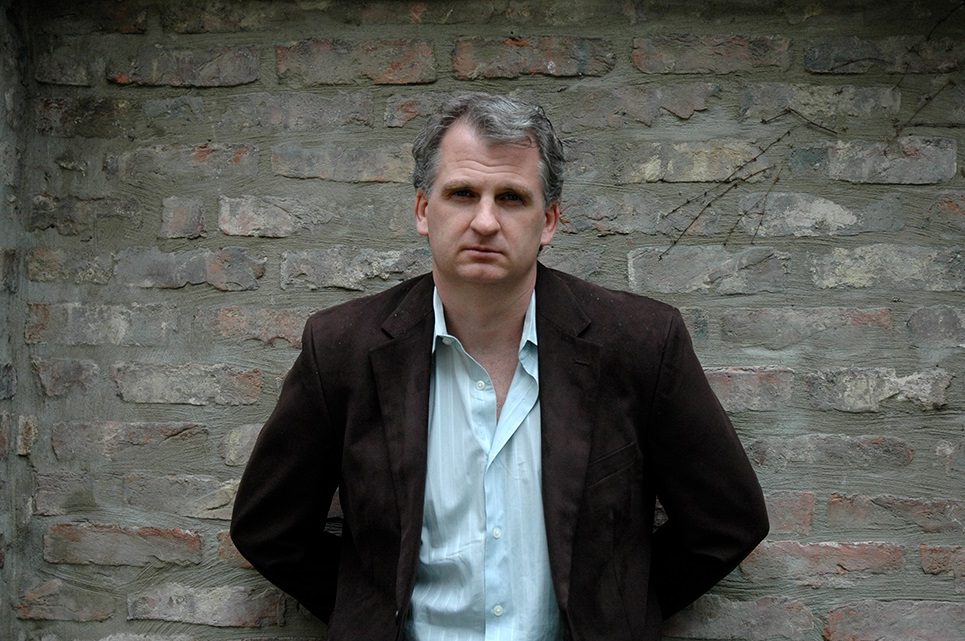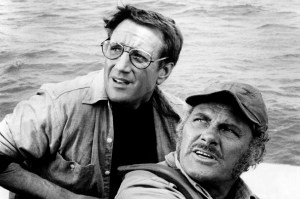When the Yale historian and bestselling author Timothy Snyder was fourteen, his parents took him to Costa Rica, a country lauded for its conservation of natural resources that is rated freer and happier than the United States. He recalls feeling liberated and unfettered as he hiked in cloud forests with his brothers, seeing monkeys, sloths and spectacular birds. One day, a local friend led the boys on a mysterious quest to view something special; after walking for three hours through a maze of paths, they arrived at a cascade hiding a cave, where they could gaze out at the green world through curtains of falling water.
Trump’s ‘big lie’ over his 2020 election defeat is compared with both communist and fascist traditions
Snyder uses this anecdote to argue that he was liberated by the paths created by others through the forest and that “we all need a right of way,” which is reliant on the trails blazed by others. This is the banal start to a chapter arguing that mobility is essential for freedom — “an arc of life whose trajectory we choose and alter as we go.” Then he strolls off through issues such as the racism faced by black Americans who returned from fighting in World War Two and finding Nazi death camps, only to be segregated on buses and restaurants at home. Next, there are musings on mass incarceration, the “sadopopulism” of Donald Trump, Stalinist terrors in the Soviet Union and capitalist inequality that empowers the rich. “Oligarchs do not just have the biggest piece of the pie. They often have the pie cutter,” he states.
This sets the tone for a book grappling with the concept of freedom that fuses the author’s personal reflections with nuggets from history, snippets of philosophy and polemical blasts. Thus it moves swiftly from Snyder’s baseball skills, his survival from sepsis and his teaching his daughter to play catch, to Plato and the death sentence of Socrates, with a quick romp through early childhood development and the fascist view of sovereignty. The pace is breathtaking, the writing fluid and the knowledge deep as he sweeps through past and present while celebrated names fly off the pages.
As expected from the author of Bloodlands, his powerful work binding together the murderous atrocities of Hitler and Stalin, On Freedom is fascinating in places. It is rooted in Snyder’s deep insights into Eastern Europe and laudable support for Ukraine’s existential fight, arguing that Vladimir Putin’s dictatorial regime serves as a warning for America’s democracy that is “driven towards monopoly, wealth concentration and decadence.” He is no fan of Trump, whose election inspired 2017’s On Tyranny, showing the path to despotism. Now Snyder compares the former president’s “big lie” over his 2020 election defeat with both communist and fascist traditions.
Some of his parallels are smart, such as those fueled by his skepticism about technology. He compares Silicon Valley libertarians to Soviet communists, since they “first promised a brave new world; then told us there were no alternatives; then invited us to live inside a screen.” When we are “surveilled, harried and nudged” by social media, he believes we become less free. There are also some lovely riffs, such as one used to highlight unpredictability that links Vaclav Havel, the dissident poet-turned-Czech president, with the Velvet Underground, Frank Zappa, the song “Louie Louie” and a Cuban composer called René Touzet, who moved to the US after his nightclub was destroyed in a hurricane.
The core of Snyder’s argument revolves around Isaiah Berlin’s distinction between negative liberty — the freedom from interference and restraint — and positive liberty, providing freedom for action and self-determination. He sees negative freedom as potentially repressive, whether leading to the “genocidal fascist empire” of Russia or his own flawed republic, threatened by “oligarchy and fascism,” while he is scathing about the perception of government as a threat to people. “If freedom is negative, then politics becomes the practical work of clearing away the junk of the past,” he writes at one point, condemning the fetish for deregulation and welfare reform at the end of the past century that led to domestic inequalities while being pushed in Eastern Europe after communism’s collapse with disastrous consequences.
Certainly freedom is hampered if people are fighting for basic survival. And his observations can be acute — such as pointing out how the US response to 9/11 showed a misunderstanding of liberty even as Americans were being told their attackers hated freedom. “The ostensible exchange of freedom for security meant less of each,” he writes. But the book is let down by Snyder’s fondness for grandiloquent statements, such as “Only a free person can be responsible” and “Motherhood belongs to freedom,” that feel more like graffiti slogans than belonging in a philosophical tome. And his conclusions are drearily predictable after such an expansive build-up: impose wealth taxes, mitigate climate catastrophe, invest in rail, let prisoners vote, purge profits from incarceration systems.
Snyder is right to point out that the US spends more on healthcare while its citizens live shorter and sicker lives, but what is his prescription to achieve his demand for universal coverage, especially seeing the dismal state of our own health service? Does he really think Washington might ditch private prisons? And while I obviously agree that investigative journalists do “heroic, indispensable work” and share his dismay that public relations practitioners outnumber my own profession by six to one, how does he propose to replace “news deserts” with “news fountains?” Perhaps my mind is still “ensnared by negative freedom.” But as he says, freedom is hard — both to define and to protect.
This article was originally published in The Spectator’s UK magazine. Subscribe to the World edition here.

























